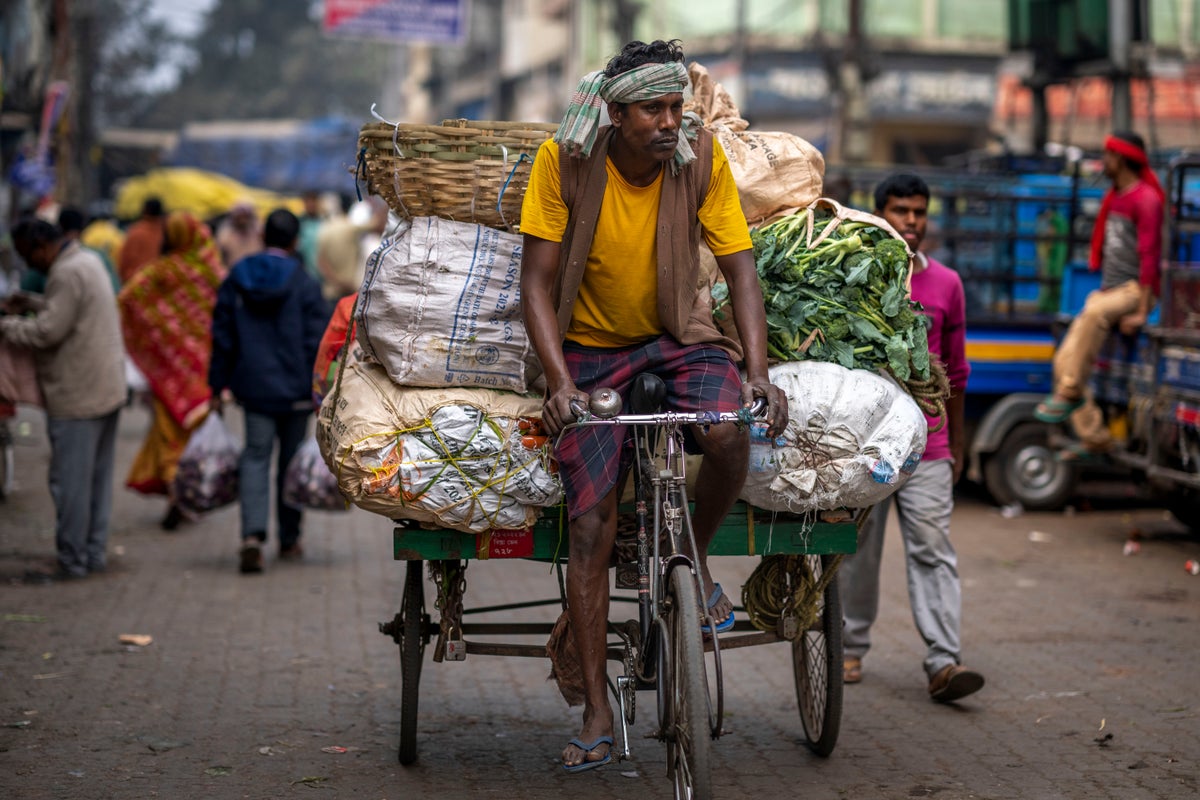
Prime Minister Narendra Modi’s government presented to Parliament on Wednesday an annual budget of $550 billion that calls for ramping up capital spending by 33% to spur economic growth and create jobs ahead of a general election next year.
Finance Minister Nirmala Sitharaman said private investment was rising after the pandemic and the government should focus on driving growth.
India’s economy is projected to grow 7% in the fiscal year ending in March. The government forecasts growth of 6%-6.5% next year. But the government is struggling to generate enough jobs for its population of 1.4 billion people.
The finance minister, Nirmala Sitharaman, said private investments were flowing in after the pandemic, which India's economy has rebounded from, and there was a need to focus on driving growth.
“The budget makes the need once again to ramp up the virtuous cycle of investment and job creation,” Sitharaman said.
India's economy surpassed that of the United Kingdom last year to become the world's fifth-largest. Its population is expected to overtake China's in size this year. According to the Center for Monitoring Indian Economy, the unemployment rate stood at 8.3% in December, up from 6.5% in January 2022.
The government is aiming for a budget deficit of 5.9% of India's gross domestic product (GDP) for the 2023-24 financial year, lower than the 6.4% for this fiscal year.
Despite worries that the world economy is headed for a slump, the finance minister she was confident the country's future was bright. “India is on the right track,” she said.
Apart from raising capital spending on construction of schools, bridges and other infrastructure to $122 billion, the budget focuses on expanding social welfare schemes and prioritizing “green growth,” in line with India's commitments to fight and mitigate climate change.
Sitharaman said the government would provide free grain to vulnerable households in a $24 billion scheme. It will also increase by 66% its spending on providing affordable housing to the urban poor. The budget commits $4.3 billion toward helping India meet its goal of going carbon neutral by 2070, but details of how these funds will be distributed were unclear.
The budget will now be debated by both houses of parliament before it can be enacted, which is likely to happen as Modi's party holds a strong majority.







